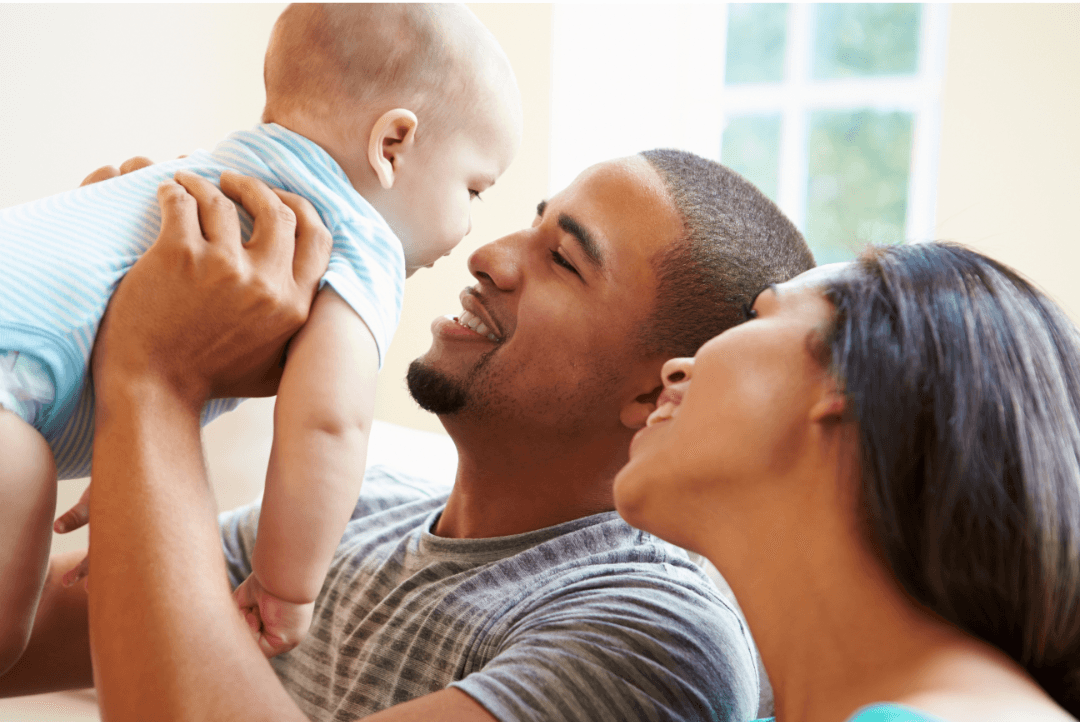The passing of a loved one is a universal experience, yet it remains one of the most difficult subjects to grapple with. TV shows teach us about grief, and television has become a prominent storyteller of life’s most significant moments. From fantasy series to intense medical dramas, they all explore death in a multitude of ways. Can these stories teach us about real-life deaths? Do they get it right or wrong?
The Impact of a TV Death
Television deaths have a profound emotional impact on viewers. When your favorite character passes, we can feel a sense of sadness, loss, and even anger. We form attachments to fictional characters that mirror the bonds we have with real people, which can then prompt genuine feelings of grief. Even though this emotion is sparked by fiction, it can be very real. It portrays the connection we need as reality and reminds us of the inevitability of loss.
TV deaths can serve as a safe way to confront the passing of a loved one. Watching your favorite character on screen pass away can provide a way for us to process our fears about death or resolve feelings about losing someone in real life. TV deaths can, in a way, help us build resilience by making the concept of death more familiar and less frightening.
Real vs Drama
Television dramatizes the process of death. It compresses complex emotional and physical experiences into quick dramatic scenes when, in real life, they can be far more nuanced and drawn-out. A drama series may show a character dealing with sickness in a few small clips portraying a few days, whereas in real life, this may be prolonged over months even years. Often, losing a loved ones in real life can include physical decline, emotional responses from loved ones, and medical interventions that can extend for days, weeks, or even years.
Television also often sanitizes the realities of death. While a TV character may pass peacefully closing their eyes, the challenges that come with a passing are typically omitted. This could lead to an unrealistic expectation of a real-life passing and can lead to us facing unexpected events.


TV Death and Grief
A positive aspect of a TV death is that it opens the door to grief. After a beloved character dies, it is common to talk about it with family, friends, and even online communities. We open up about our thoughts and feelings, which can be therapeutic. This is actually beneficial to real-life situations, teaching us we can open up about our feelings, learn how to express our emotions, and come to terms with real-life losses.
Television deaths can shed light on the stages of grief, in a simplified way. TV characters may portray emotions of anger, shock, bargaining, depression, and acceptance–the classic stages of grief. But in real-life, grief is not always straightforward. While we may experience the classic stages of grief, these stages may come in different orders; they may reappear, or we may feel a mixture of these emotions all at once. Television’s portrayal of grief, though, can still serve as a starting point for us to understand that our own grieving process is a valid one, however it may unfold.
Limitations
TV cannot fully prepare us for the reality of how a loss can impact us, but it can prompt important conversations. While what we watch may be stories created for entertainment, they are not fully accurate depictions of the emotional, complex, and logistical aspects of the passing of a loved one. TV seldom factors in details the real-life death experiences involve.
Television can distort our understanding of how death occurs in real life, and constant exposure to a dramatic TV death can often lead people to be unprepared or misled when confronted with the true nature of when a loved one passes.

What TV gets right
While the loss of a beloved character can trigger deep sorrow, it often serves a greater purpose: helping us navigate our own grief. Television narratives not only evoke our emotions but also serve as a mirror reflecting our innermost feelings about loss and remembrance.
The cathartic experience of watching a character’s journey through grief can strike a chord, paving the way for healthy discussions about our own experiences. In a world where discussing loss can be daunting, these shows create a safe space to explore our emotions, reminding us that grieving, whether for real or fictional losses, is a shared, universal experience.
By engaging with these narratives, we can find solace, understanding, and even a sense of community with others who resonate with our sentiments. The comfort derived from knowing we are not alone in our grief can lay the foundation for healing and acceptance, both on-screen and off.
While a TV passing is not always realistic, it can serve as a cultural standard that can help us explore feelings and emotions that surround real-life death. It provides us with a platform for empathy and conversations. It’s important to remember that death is not as neatly scripted as it is on screen. It is much more complicated and deeply personal.
Understanding the limitations and strengths that death depicts on TV, we can use these fictional representations as a beginning point to engage real emotions and handle the real-life situations that come with end-of-life experiences. By reflecting on our own grief, the lessons we receive from a TV death can play a significant part in learning how to accept and understand the inevitable.




